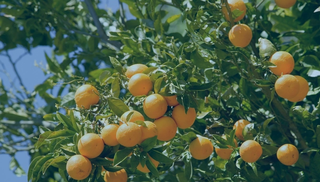About the Coalition
The ZFWC formed to build alignment and momentum among food system stakeholders on innovative and impactful food loss and waste policies in the United States. The coalition seeks to make progress towards the national goal to halve food loss and waste by 2030 by partnering with government leaders and leveraging the knowledge, best practices, and resources of a diverse set of organizations.
January 2020
NRDC, WWF, Harvard Food Law Policy Clinic, and ReFED begin working together as an informal coalition to engage with and inform policymakers on opportunities to prevent and reduce food loss and waste.
November 2020
The organizations realize their complementary strengths and identify a critical opportunity to further advance responsible and ambitious food waste policy.
April 2021
The organizations launch the U.S. Food Waste Action Plan, now endorsed by over 60 businesses, nonprofits, and local governments.
April 2023
The Coalition formalizes to build momentum and align on food waste policy, while also amplifying what any single organization could do independently.
June 2023
The Coalition begins expanding membership to a diverse set of stakeholders as a part of the larger mission to build alignment and momentum on food loss and waste policy.
Meet Our Members
As of April 2024, our coalition is made up of 170 members across 40 states.
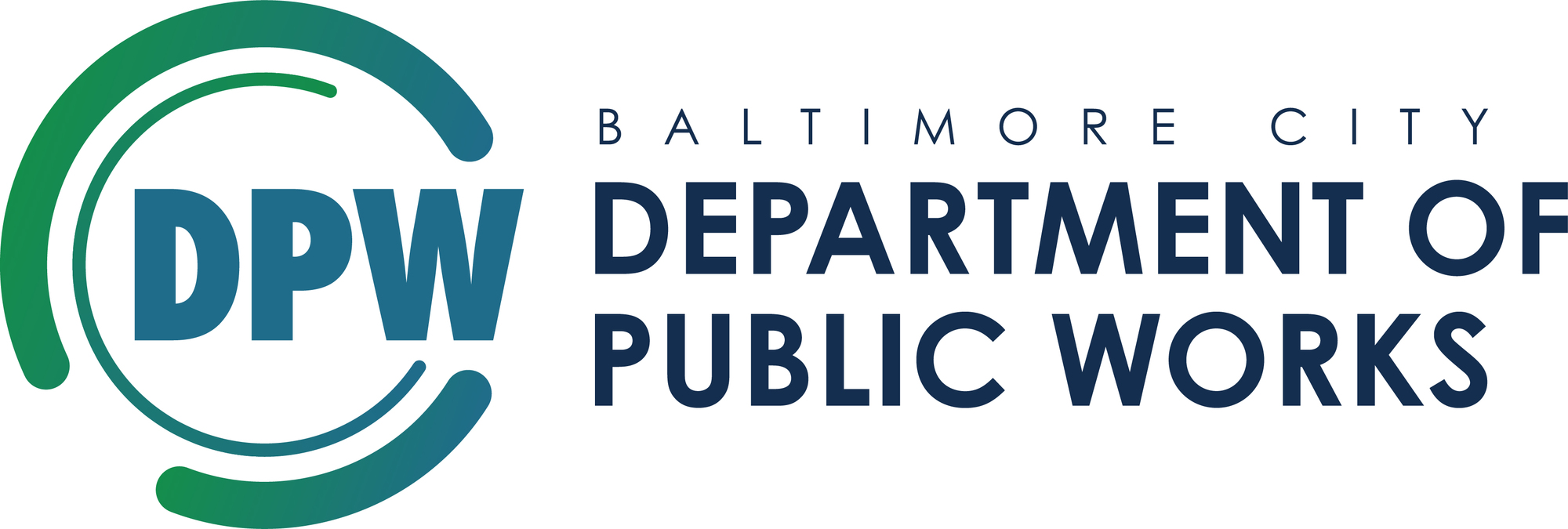
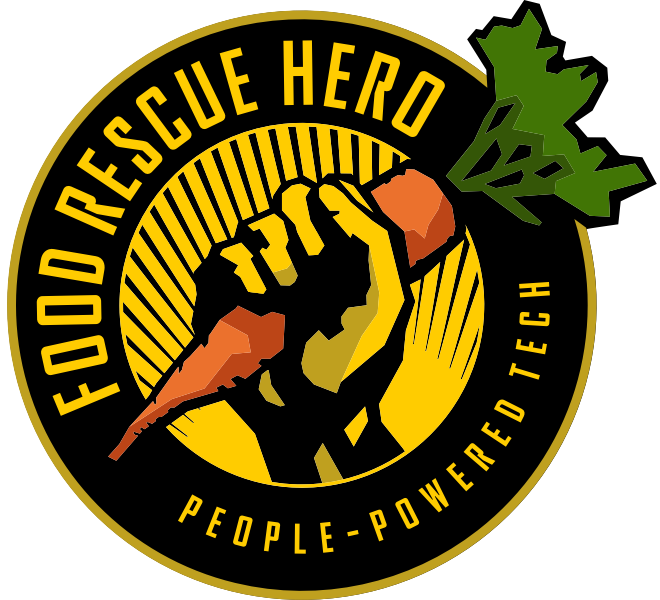
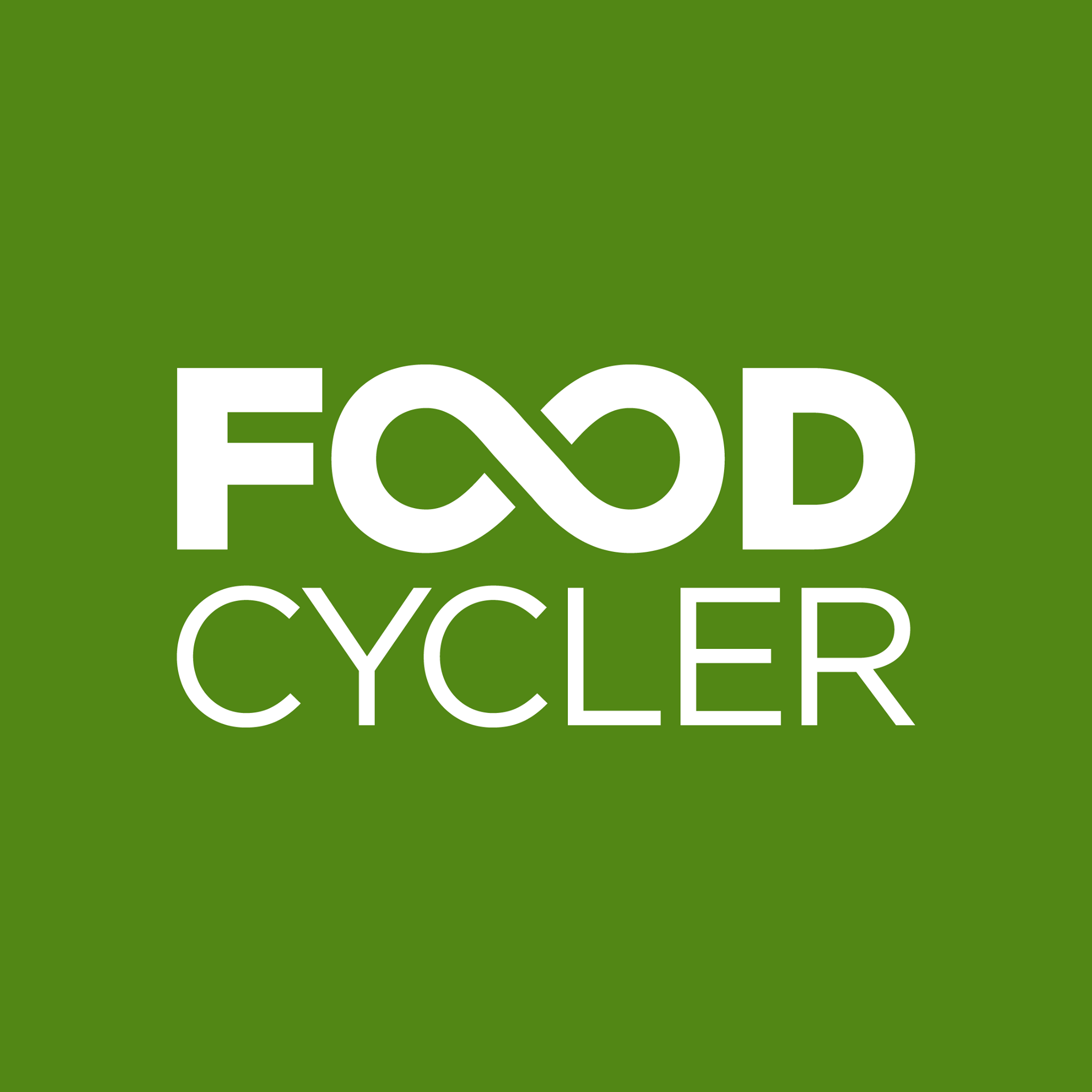
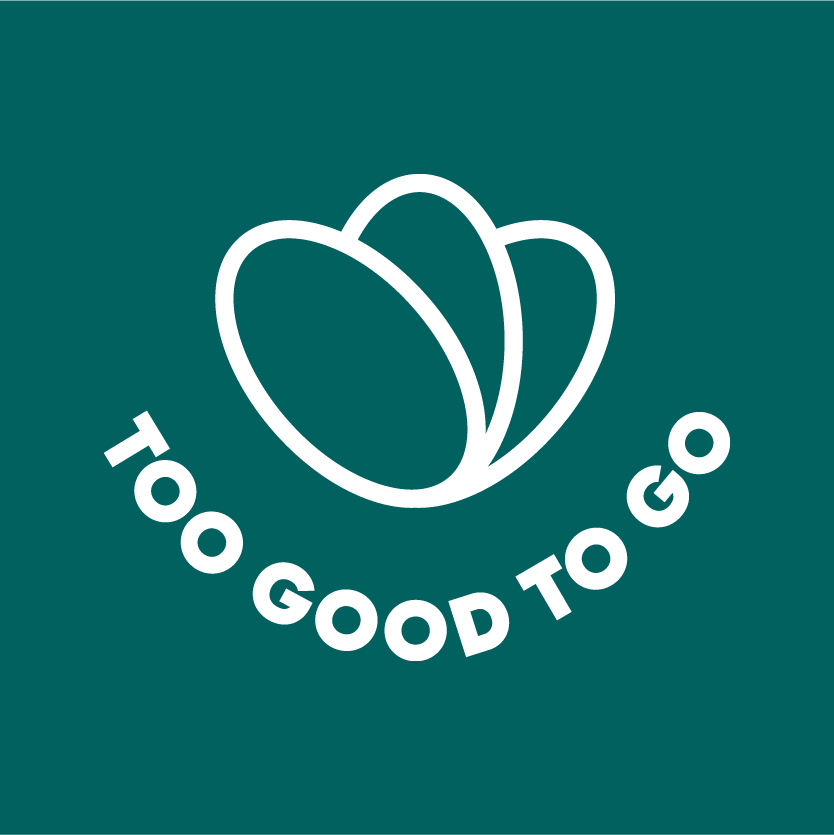
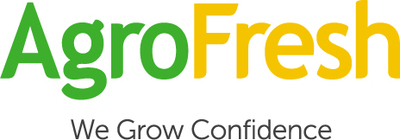


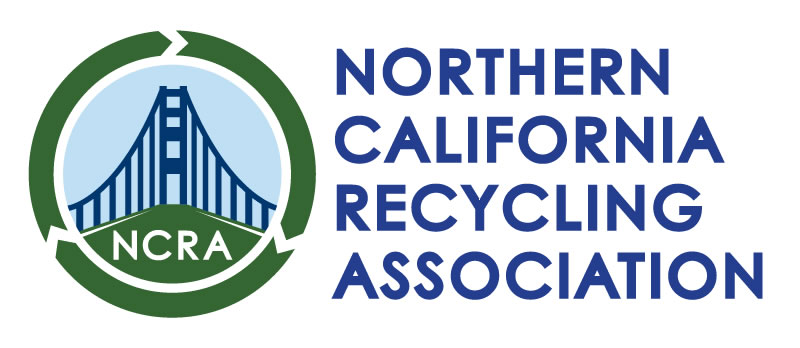
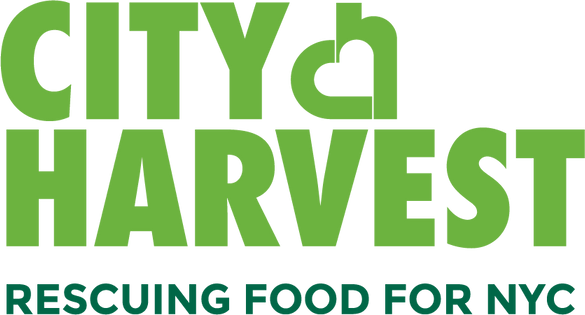
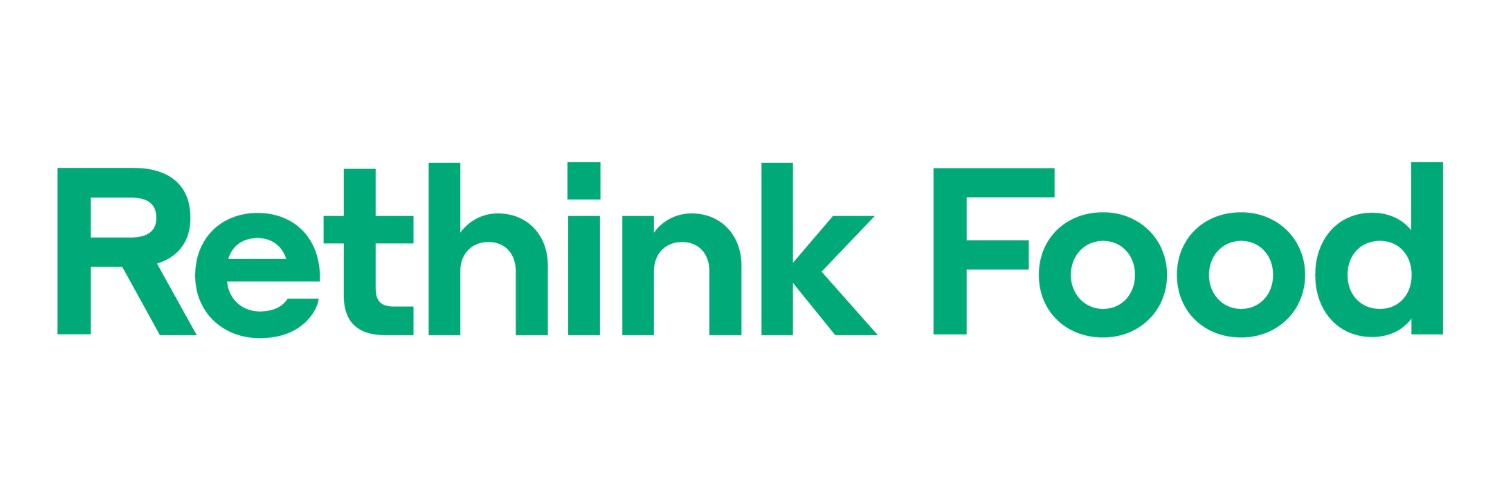
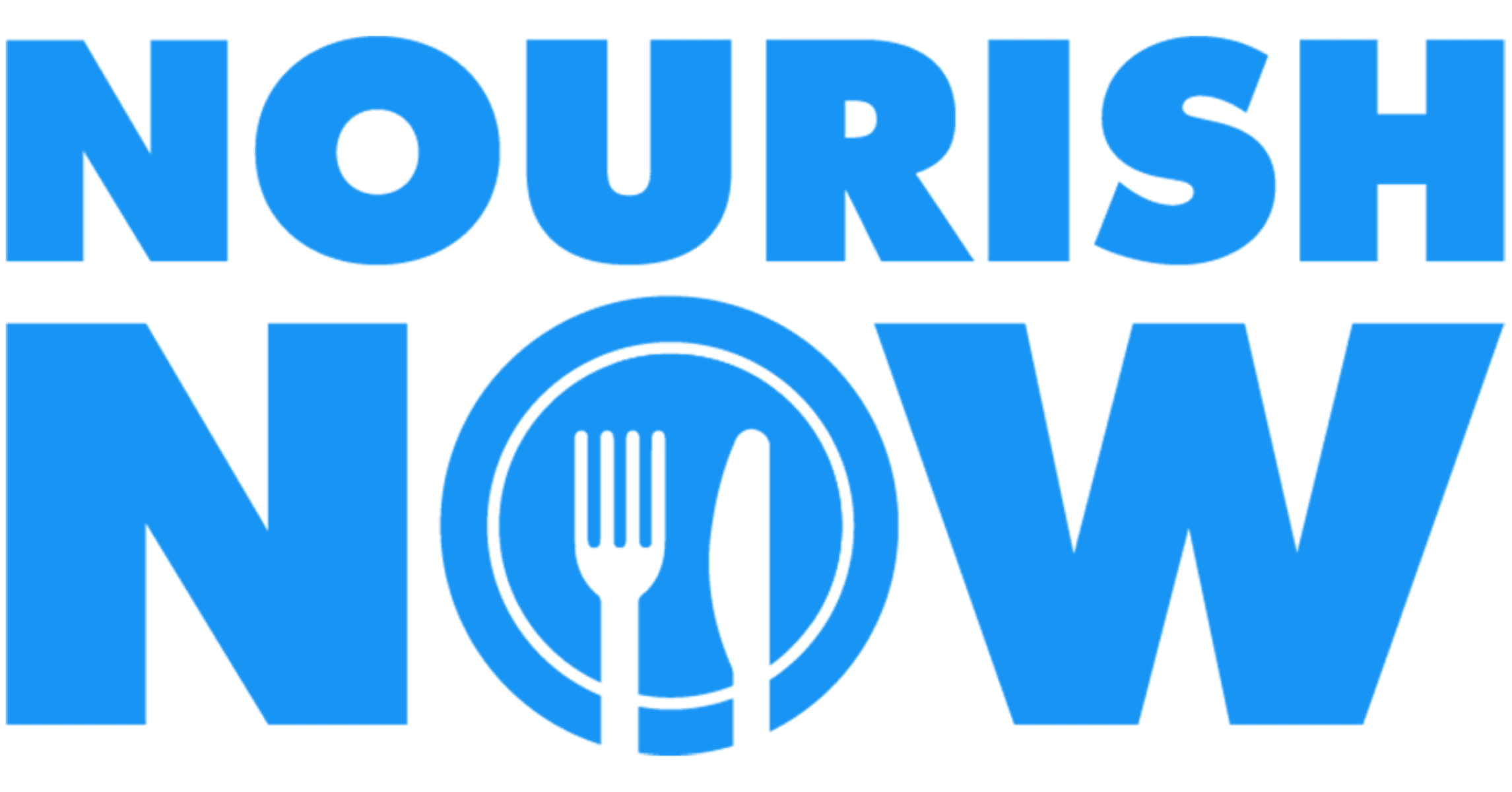

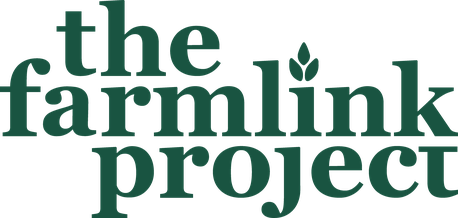


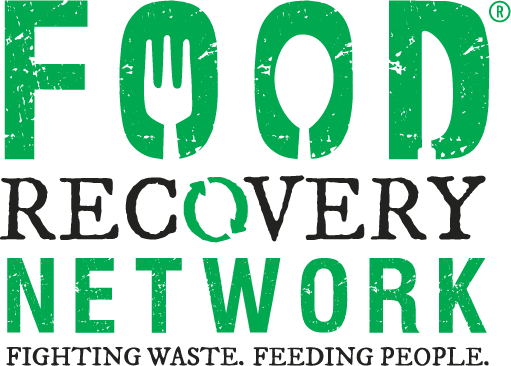

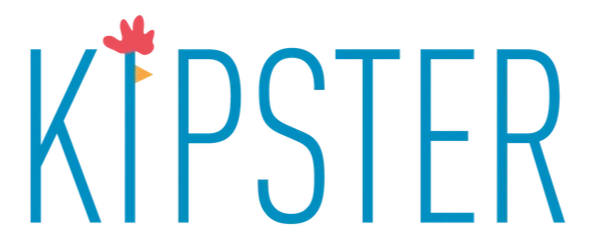

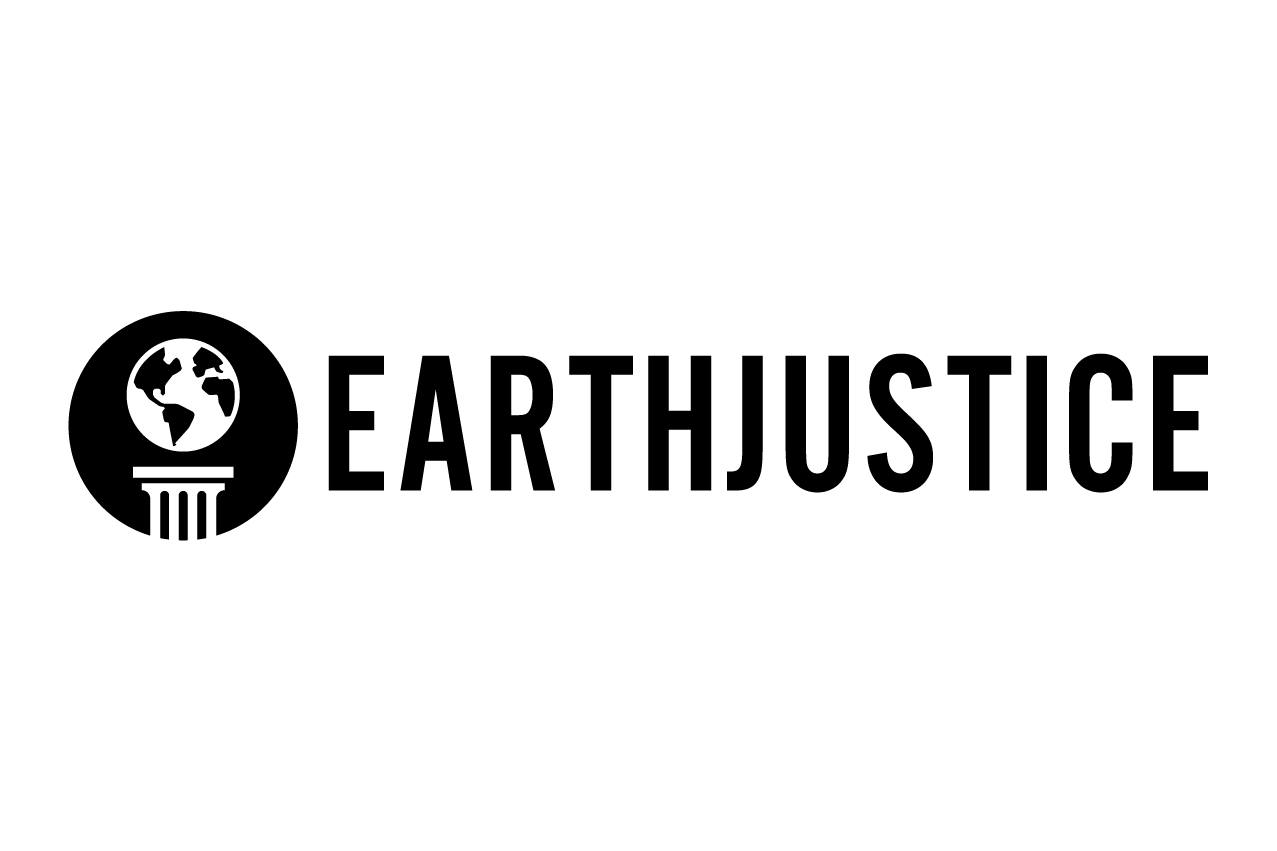
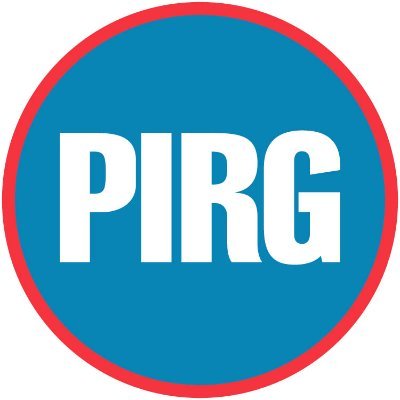
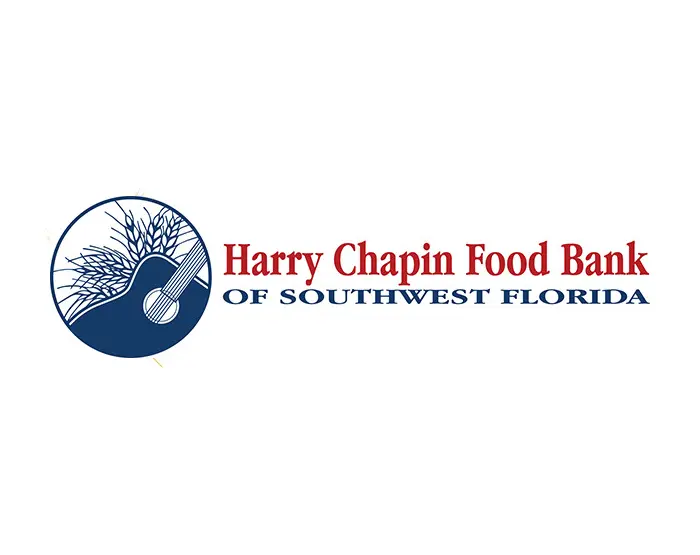
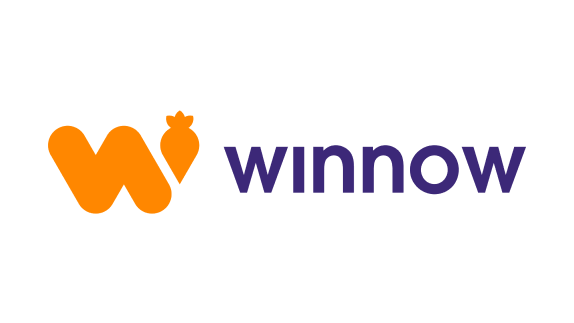
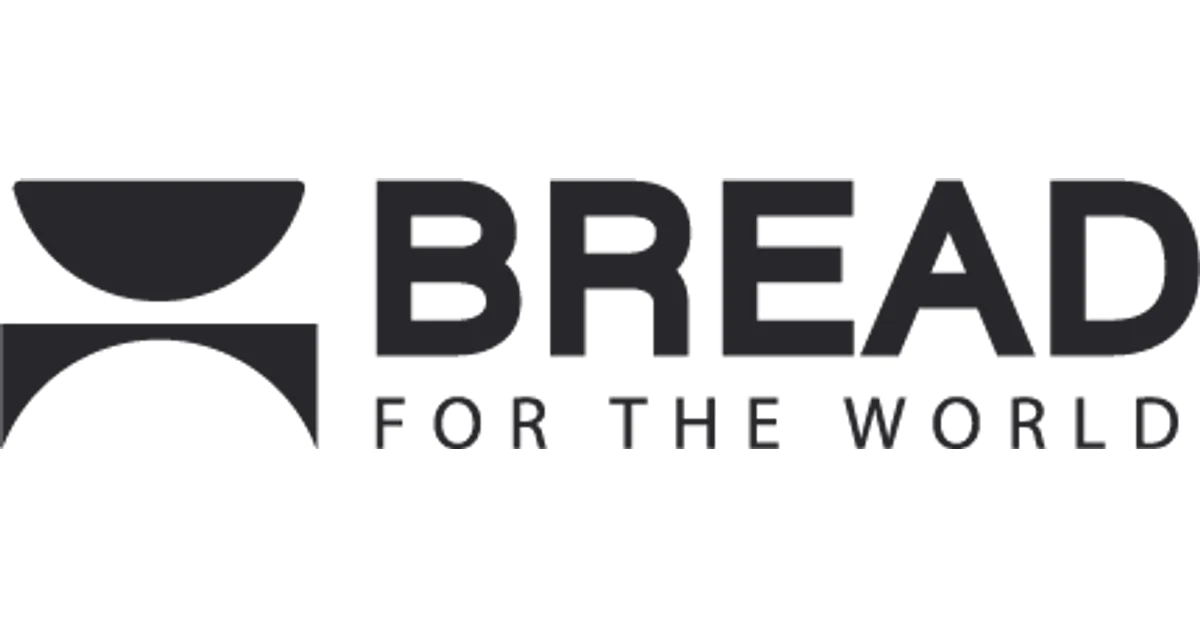
Founding Members

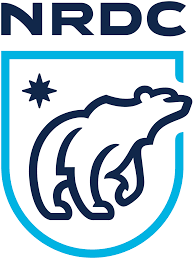
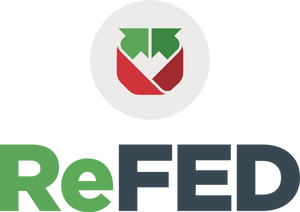
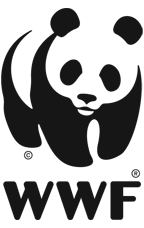
The Harvard Law School Food Law and Policy Clinic (FLPC) serves partner organizations and communities by providing guidance on cutting-edge food system issues, while engaging law students in the practice of food law and policy. FLPC’s work focuses on increasing access to healthy foods, supporting sustainable production and regional food systems, promoting community-led food system change, and reducing waste of healthy, wholesome food. FLPC is committed to advancing a cross-sector, multi-disciplinary and inclusive approach to its work, building partnerships with academic institutions, government agencies, private sector actors, and civil society with expertise in public health, the environment, and the economy. For more information, visit chlpi.org/flpc and follow them on twitter at @HarvardFLPC.
NRDC (Natural Resources Defense Council) is an international nonprofit environmental organization with more than 3 million members and online activists. Since 1970, our lawyers, scientists, and other environmental specialists have worked to protect the world's natural resources, public health, and the environment. NRDC has offices in New York City, Washington, D.C., Los Angeles, San Francisco, Chicago, Bozeman, and Beijing. Visit them at www.nrdc.org and follow them on Twitter @NRDC.
ReFED works to catalyze the food system to take evidence-based action to stop wasting food. As a nonprofit with a 30,000-foot view of the food system, ReFED cultivates and convenes the food community, delivers actionable evidence and insights, and seeds and accelerates food waste solutions. Their goal is a sustainable, resilient, and inclusive food system that optimizes environmental resources, minimizes climate impacts, and makes the best use of the food we grow. To learn more about solutions to reduce food waste, please visit www.refed.org.
WWF is one of the world’s leading conservation organizations, working in nearly 100 countries for over half a century to help people and nature thrive. With the support of more than 5 million members worldwide, WWF is dedicated to delivering science- based solutions to preserve the diversity and abundance of life on Earth, halt the degradation of the environment and combat the climate crisis. Visit https://www.worldwildlife.org to learn more and keep up with the latest conservation news by following @WWFNews on Twitter.
